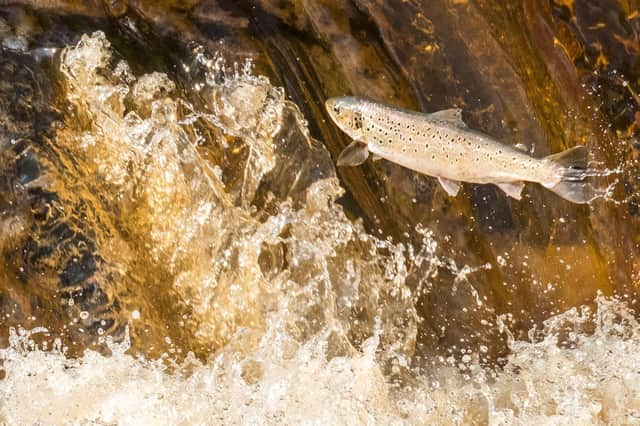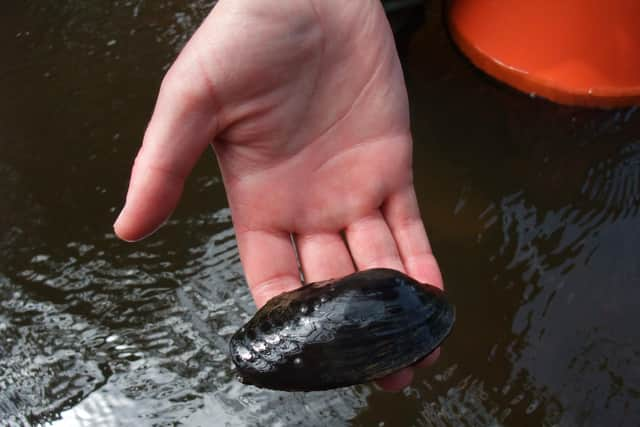Whitby's River Esk Atlantic salmon scheme wins £500,000 grant support


The REStore project aims to address obstacles that hinder fish migration and improve gravel spawning sites for salmon to lay their eggs.
By improving conditions for salmon, the project will also directly benefit the freshwater pearl mussel, a species which relies on the salmon family for the early stages of its lifecycle.
Advertisement
Hide AdAdvertisement
Hide AdThe North York Moors National Park Authority is one of 45 organisations, representing 63 projects, that have been successful in applying for a share of the £14.5m Species Recovery Programme Capital Grants Scheme.


In total it will receive more than £498,000.
The scheme is designed to fund targeted action to recover the most threatened species.
It will support efforts to fine-tune habitat conditions for some of England’s rarest species and help find the best approaches to enable endangered wildlife to survive and thrive.
Mike Hawtin, Head of Nature Recovery Projects at the North York Moors National Park Authority, said: “The River Esk is home to Yorkshire’s last surviving population of the freshwater pearl mussel, so we really are at a critical moment when it comes to securing the future of this fascinating species.
Advertisement
Hide AdAdvertisement
Hide Ad“The mussel spends its larval stage attached to the gills of salmon, hitching a lift upstream to the gravel beds where the fish spawn.
"The pearl mussel larvae then drop off and fall to the bottom of the river, where they will eventually develop into filter-feeding juvenile mussels.
“Conservation of this endangered species is therefore critically dependent on reducing obstacles such as weirs, culverts and road fords that can prevent successful migration of salmon upstream to their gravel bed spawning sites.”
The project will address two concrete road fords currently acting as major barriers to fish migration and re-instate natural gravel beds.
Advertisement
Hide AdAdvertisement
Hide AdEach ford will be replaced with a single span bridge, opening-up and enhancing more than 18km of river, enabling improved passage to spawning sites.
Natural England in Yorkshire said it was delighted to support the projects across Yorkshire.